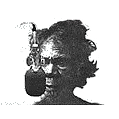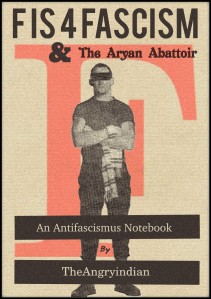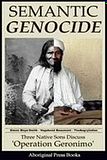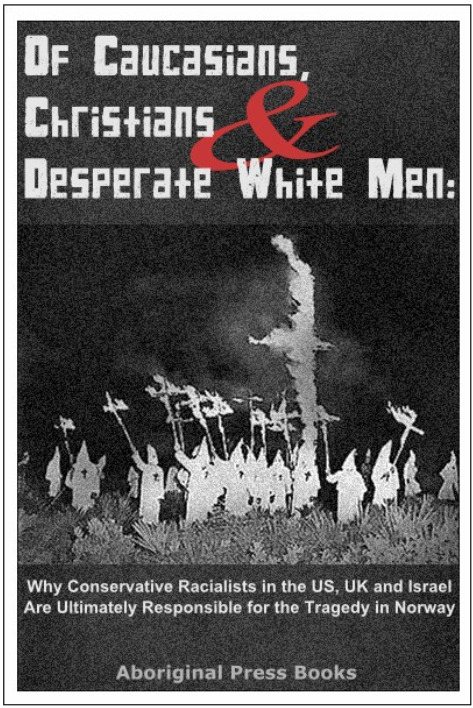Thursday, January 04, 2018 By Ejike Obineme, Truthout | Op-Ed // Too Terrified to Enter an Arena of Ideas? The Debate Over Cornel West’s Critique of Ta-Nehisi Coates – Coates’s inability to mount a persistent, forceful critique of Obama is much of West’s gripe with the man who in 2015 became one of the recipients of the MacArthur “Genius Grant” award. The absence of analysis on gender, sexuality, class and the horrors of US imperialism suggests Coates’s politics travel no further than his own identity. It raises a fundamental question: Why is it suddenly permissible for the head of the US empire to bomb thousands of human beings across the globe just because, as Allan Boesak, author of Pharaohs on Both Sides of the Blood Red-Waters writes, “the pharaoh looks like us”?
The aftermath of West’s article (internet chatter and various hot takes) confirms a theory long suspected: Public intellectual life has yet to recover from the days of McCarthyism and COINTELPRO, and has atrophied to an almost non-existent reality. Historically, the moral growth of a country has been measured by its ability (or failure) to bring into civic consciousness the plight of the silenced, oppressed and unremembered. The raison d’être for the intellectual, as Edward Said puts it in his short book Representations of the Intellectual, is to “publicly … represent all those people and issues that are routinely forgotten and swept under the rug.”
Yet many of West’s detractors have rushed to Coates’s defense, saying that he is just a writer and never asked for the albatross of the public intellectual. While this may be true, when one is catapulted to the heights of public intellectual discourse, one must be mindful of the impact of one’s words and actions, or lack thereof. Useful here is Antonio Gramsci’s conception of the “organic intellectual,” a thought leader, a deputy of culture, an organizer of ideology who crafts and disseminates specific interests of a given sector in society — an emergent personification of class agency. That is to say, Coates cannot simply choose to speak for himself as a private individual. His words have consequences and he has, despite his attempts at abdication, been given the moral and political authority for formulating ideas that have real material impact on the dominant culture.






















Recent Comments